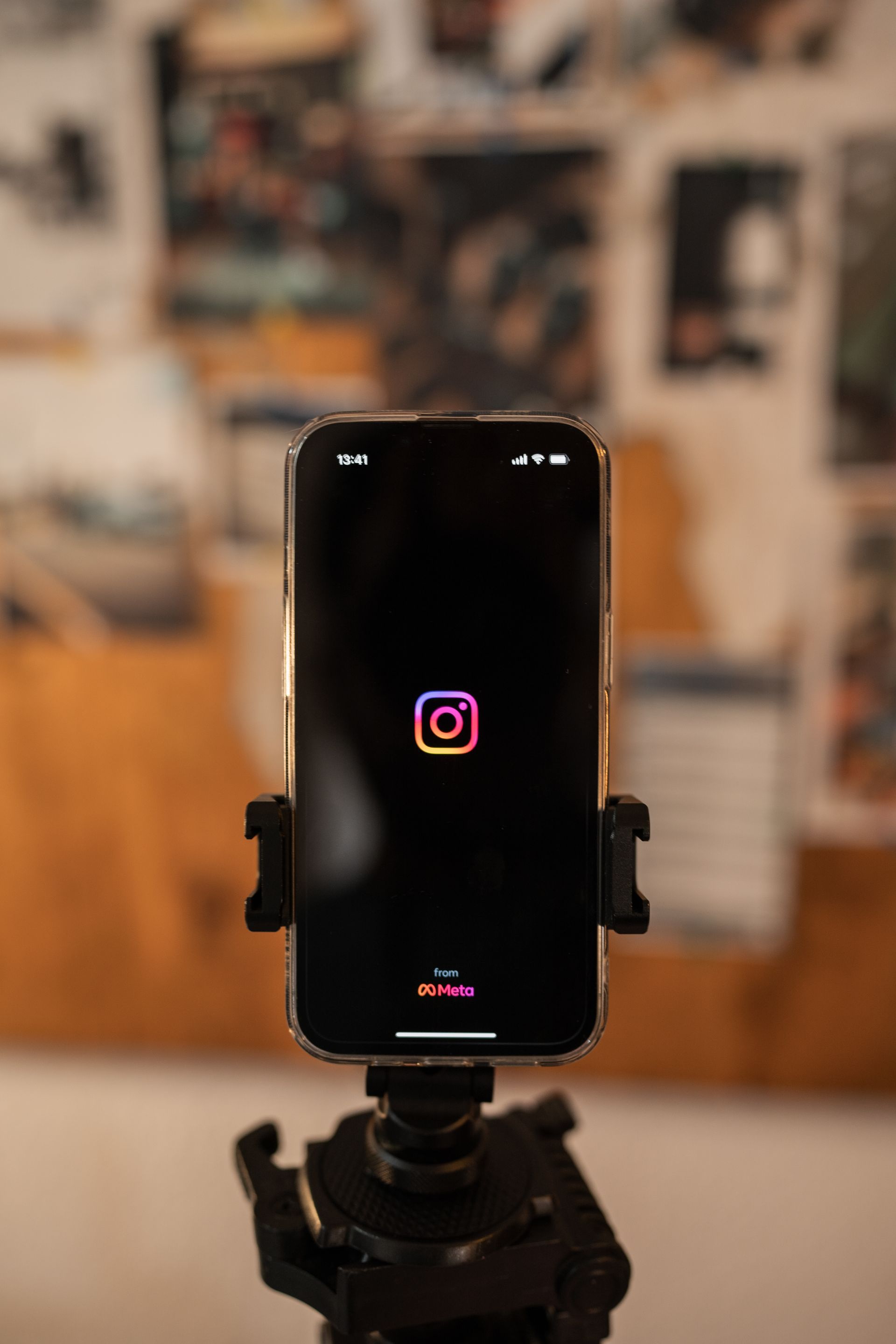Navigating the Marketing Scene: A Guide to Effective Marketing Strategies

In today's digital age, having a well-defined digital marketing strategy is no longer a luxury but a necessity for businesses of all sizes. A carefully crafted strategy can be the difference between success and obscurity in the competitive online landscape. Let's explore six compelling reasons why you need a digital marketing strategy.
1. Clarity of Purpose and Goals:
One of the primary reasons to develop a digital marketing strategy is to establish clear objectives and goals. Without a roadmap, your efforts can become scattered and inefficient. A strategy helps you define what you want to achieve, whether it's increasing brand awareness, driving website traffic, generating leads, or boosting sales. It provides a sense of direction that keeps your team focused and aligned.
2. Targeted Audience Engagement:
Understanding your target audience is crucial for effective marketing. A well-crafted strategy helps you identify and profile your ideal customers. You can delve into their demographics, preferences, pain points, and online behavior. Armed with this knowledge, you can tailor your content and messaging to resonate with your audience, resulting in higher engagement and conversion rates.
3. Resource Allocation Efficiency:
Digital marketing encompasses various channels and tactics, such as social media, email marketing, content marketing, SEO, and paid advertising. A strategy helps you allocate your resources—time, budget, and manpower—more efficiently. You can focus on the platforms and activities that align with your goals and deliver the best ROI, preventing wasted efforts and resources.
4. Competitive Advantage:
In a crowded online marketplace, a digital marketing strategy can provide a competitive edge. By analyzing your competitors, you can identify gaps in the market, emerging trends, and opportunities to differentiate your brand. Your strategy can position your business as a thought leader, innovator, or industry expert, helping you stand out in the digital noise.
5. Data-Driven Decision-Making:
Digital marketing generates a wealth of data, from website analytics to social media metrics. A strategy enables you to collect, analyze, and leverage this data to make informed decisions. You can track key performance indicators (KPIs), measure the success of your campaigns, and optimize your tactics based on real-time insights. This data-driven approach ensures that you continuously improve your digital marketing efforts.
6. Adaptation to Changing Trends:
The digital landscape is in constant flux, with new technologies, platforms, and trends emerging regularly. A strategy provides a framework for staying agile and adapting to these changes. It allows you to test and experiment with new ideas while maintaining a consistent brand presence. By staying ahead of the curve, you can capitalize on emerging opportunities and stay relevant in your industry.
In conclusion, a digital marketing strategy is not an optional extra—it's a foundational element of modern business success. It provides clarity, direction, and focus for your digital marketing efforts, ensuring that you maximize your online presence and achieve your business objectives. Whether you're a startup or an established enterprise, investing in a well-thought-out digital marketing strategy is a wise decision that can yield significant returns in the digital age. Don't wait; start planning your digital marketing strategy today!




